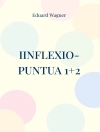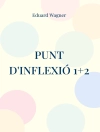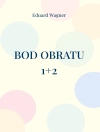This book develops a new theoretical framework for studying the interaction between political parties, the news media and citizens. The model addresses how political actors develop and push different arguments in a debate, how the news media select and communicate these arguments, and how they ultimately influence citizens’ democratic decisions. The author promotes dialogue as a convincing concept for analyzing the quality of public debate and advances a series of arguments for why and how this concept helps improve our understanding of key processes in democracy. Based on a detailed analysis of rich empirical data collected from referendum campaigns in Switzerland, the book is relevant beyond the specific context and applicable to election campaigns and public debates more broadly.
Inhaltsverzeichnis
Part 1 Introduction and Methodology.- Chapter 1 Dialogue in the News Media.- Chapter 2 Origin of Dialogue: A Model of Frame Building.- Chapter 3 Research Design and Data.- Part 2. Empirical Outcomes.- Chapter 4 Frame Construction for the Media Input.- Chapter 5 Frame Promotion: Variation of the Strategic Framing Choices in Different Communication Channels and Over Time.- Chapter 6 Frame Edition.- Chapter 7 Flow of Frames.- Chapter 8 Role of Dialogue in Public Opinion Formation.- Part 3. Conclusion.- Chapter 9 Conclusion.
Über den Autor
Regula Hänggli is a professor at the University of Fribourg, Switzerland, specializing in political communication. She is also a member of the Center for Politics and Communication. Her work focuses on media and democracy, digitalization, and opinion formation.












